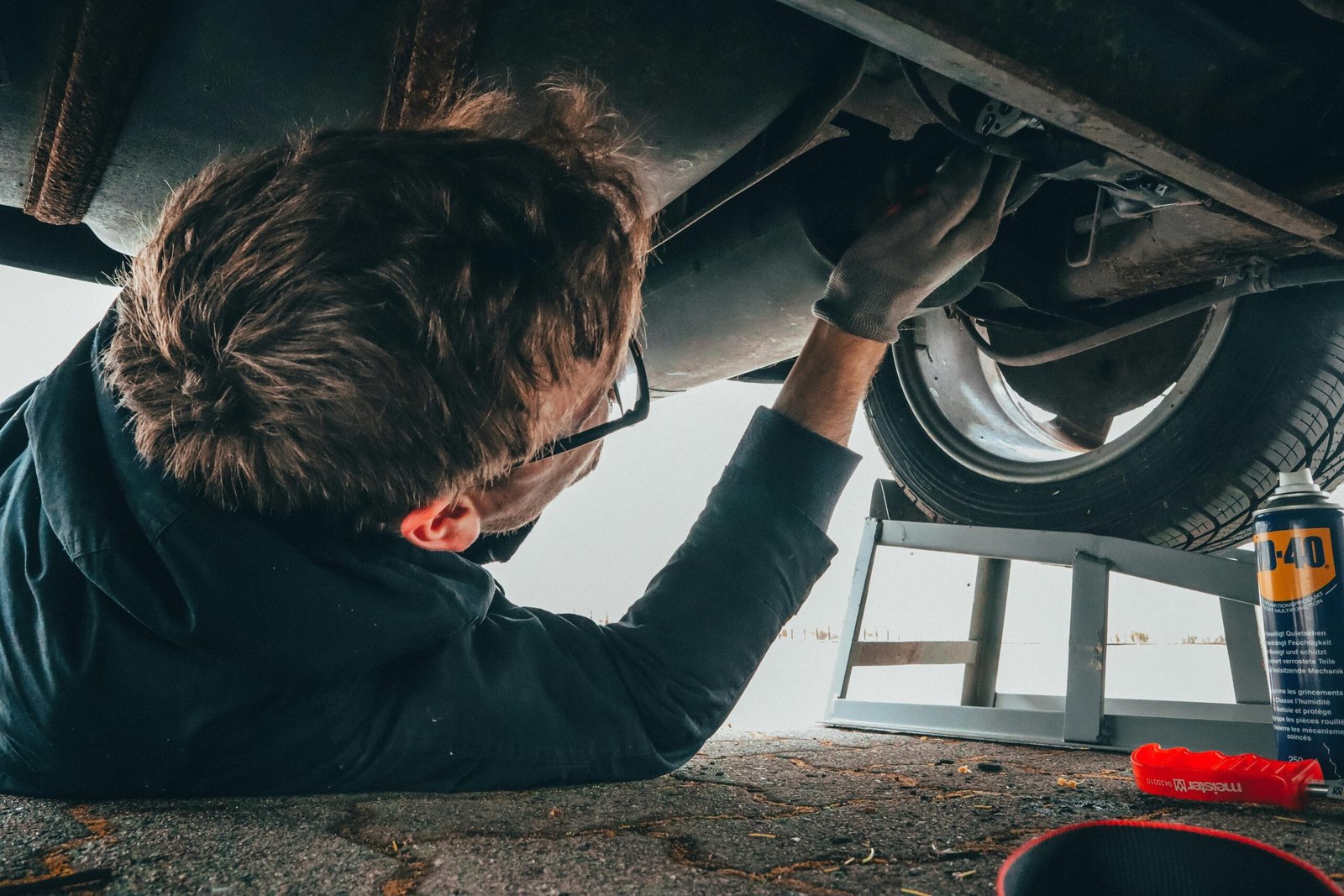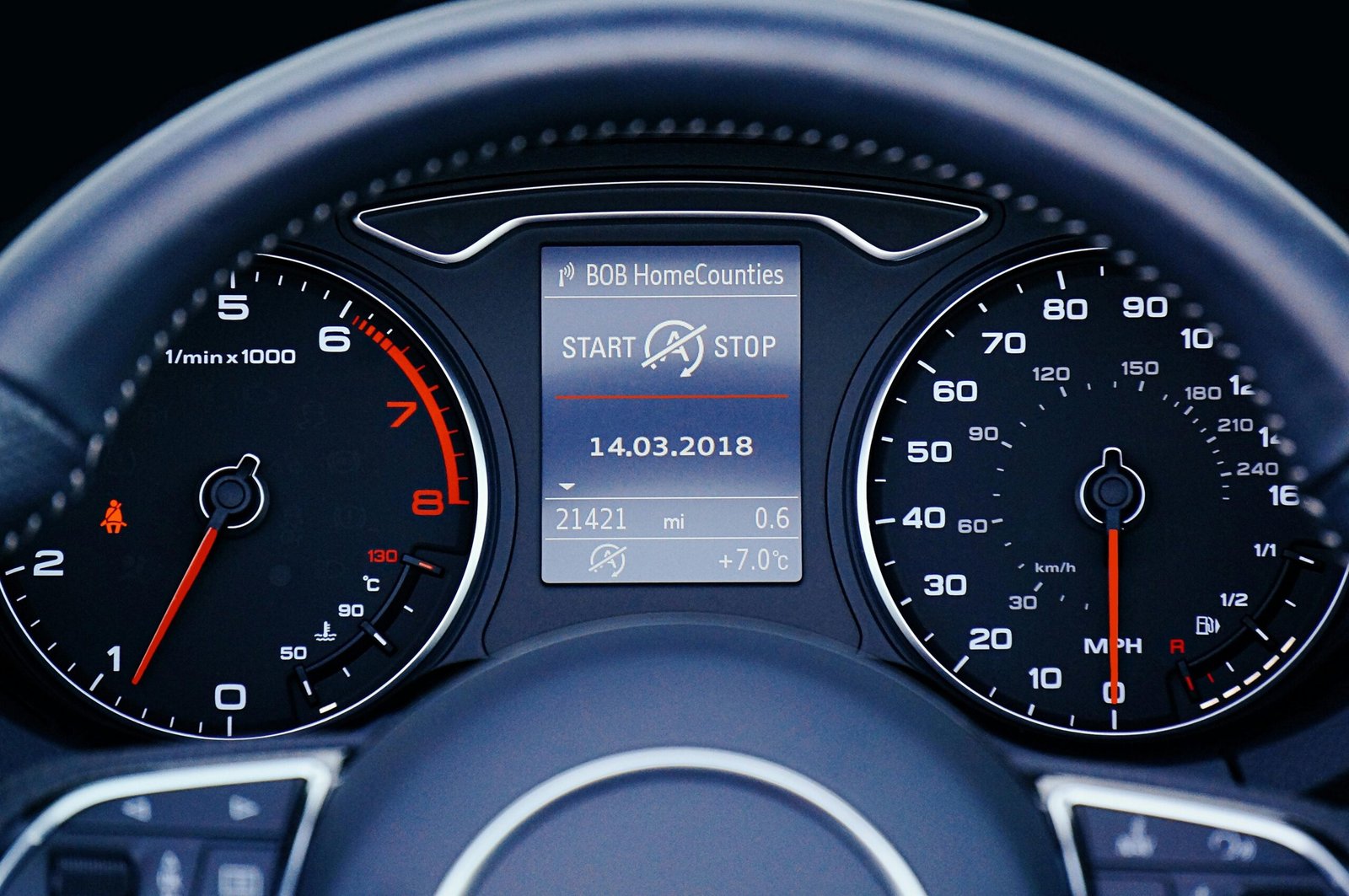Introduction
Car warranties are contracts that promise to repair or replace specific parts of a vehicle within a set timeframe. These warranties serve as a form of protection for car owners, shielding them from unexpected expenses that can arise from manufacturing flaws or other covered defects. The range of coverage in these warranties can vary significantly, offering everything from basic to comprehensive plans. This variation ensures that there is a warranty suitable for almost every type of vehicle and owner requirement.
Importance of Understanding Warranty Options
Understanding the various warranty options available is crucial for car owners. A well-chosen warranty can offer substantial savings and peace of mind. Different warranties provide varying coverage levels, and having this knowledge prevents car owners from facing unforeseen repair bills or finding themselves without necessary coverage. This understanding is particularly important as it can impact both the short-term usability and long-term value of the vehicle.
Types of Car Warranties
Manufacturer’s Warranty
Basic (or “Bumper-to-Bumper”) Warranty: This all-encompassing warranty typically covers the majority of car parts and systems, shielding the owner from costs arising from factory defects. Its duration is usually defined by a set number of years or miles, providing comprehensive coverage during the initial phase of ownership.
Powertrain Warranty
This warranty specifically covers the vehicle’s engine, transmission, and other vital drivetrain components. It often extends beyond the term of the basic warranty, safeguarding the owner against issues in some of the car’s most crucial and expensive parts.
Extended Warranties
Extended warranties come into play after the original manufacturer’s warranty expires. They offer the flexibility to cover various parts and can be tailored in terms of duration and coverage scope, thus adapting to different owner needs and preferences. The introduction of new technologies and the rise of electric vehicles (EVs) are shaping the future of car warranties, making it even more important for consumers to stay informed.
Third-Party Warranties
These warranties are provided by companies not affiliated with the car manufacturers. They often present a broader array of options, sometimes at more affordable prices, but require careful examination to fully understand what is covered and under what conditions.
Certified Pre-Owned (CPO) Warranties
Offered with used cars that have been inspected and certified either by the manufacturer or a dealer, CPO warranties often resemble new car warranties in coverage. They provide significant reassurance, covering major repairs and sometimes offering additional perks like roadside assistance.
Factors to Consider When Choosing a Warranty
Vehicle Age and Condition
The vehicle’s age and condition are paramount in deciding the type of warranty needed. New cars may need only minimal coverage, while older models might benefit more from comprehensive warranties due to the increased likelihood of repairs. With the right approach and knowledge, a car warranty can be a valuable asset, providing peace of mind and financial protection against unexpected repairs.
Driving Habits and Usage
The way a car is driven and its primary use significantly influences the type of warranty required. Vehicles used for frequent, long journeys may require more robust coverage compared to those used occasionally or for short trips.
Financial Considerations
The cost of a warranty is a major consideration. Owners must balance the price of the warranty against the potential benefits, ensuring that the investment is financially sound and beneficial in the long run.
Duration and Mileage Limits
Understanding the terms of coverage, including how long the warranty lasts and the mileage limit, is crucial. These factors determine the duration of the coverage and how extensively the car can be used under warranty. As the automotive industry continues to evolve, so do the options and features of car warranties.
Benefits and Limitations of Car Warranties
What is Typically Covered
Standard car warranties usually cover repairs due to manufacturing defects. Basic warranties are more inclusive, while extended and third-party options tend to focus on specific parts or systems. Keeping abreast of these changes and understanding your specific needs and rights as a car owner will ensure that you make the most informed decisions regarding your car’s warranty. Remember, a well-chosen warranty is not just about coverage; it’s about the assurance and confidence it brings to your driving experience.
Common Exclusions and Limitations
Understanding what is not covered is as important as knowing what is. Regular wear and tear, routine maintenance, and damage from accidents are typically not included in standard warranties.
Understanding the Fine Print
Thoroughly reading and understanding the terms of a car warranty is essential. This knowledge is crucial for car owners to avoid unexpected costs and to make informed decisions about repairs and maintenance.
The Process of Claiming a Warranty
Steps to File a Claim
Filing a warranty claim typically involves notifying the warranty provider about the issue and then taking the car to an authorized service center. The process should be straightforward, but it’s important to follow the prescribed steps carefully to ensure a successful claim.
Documentation Required
To facilitate a smooth claim process, maintaining accurate records is vital. This includes keeping all service records and warranty documents organized and readily accessible.
Dealing with Denials or Disputes
Understanding the process of appealing a denied claim or resolving disputes is important. Knowing your rights and the procedures set by the warranty provider can help in effectively addressing such issues.
Costs and Payment Options for Car Warranties
Comparing Warranty Costs
Evaluating and comparing the costs of different warranty options is essential. This comparison should consider the coverage provided, the duration of the warranty, and how these factors align with the specific needs and circumstances of the vehicle and owner.
Payment Plans and Financing
Many warranty providers offer flexible payment plans or financing options. These alternatives can make extended coverage more accessible and affordable, but it’s important to understand the terms and any additional costs involved.
Cost-Benefit Analysis
Performing a cost-benefit analysis is a practical approach to determine if a warranty is a sound investment. This analysis should consider the vehicle’s condition, how it’s used, and the potential costs of repairs without warranty coverage.
Tips for Maintaining Your Car Under Warranty
Regular Maintenance Requirements
Adhering to regular maintenance schedules is key to maintaining a car under warranty. This includes following the manufacturer’s recommended services to ensure that the warranty remains valid and effective.
Avoiding Actions that Void Warranties
Certain actions or neglect, such as unauthorized modifications or missing scheduled services, can result in a warranty being voided. Understanding and avoiding these pitfalls is crucial for maintaining the warranty’s validity.
Keeping Records and Receipts
Keeping detailed records and receipts of all maintenance and repairs is vital. This documentation not only supports warranty claims but also helps in tracking the vehicle’s maintenance history, which can be valuable for future service needs or resale.
How Technology is Changing Car Warranties
Impact of Electric Vehicles on Warranties
The rise of electric vehicles (EVs) has introduced new dynamics in the warranty landscape. The unique components and maintenance requirements of EVs often necessitate specialized warranty considerations, reflecting the evolving nature of automotive technology.
Digital Tracking and Warranty Management
The integration of digital technologies in warranty management is enhancing the efficiency and transparency of the process. Digital tracking systems enable easier management of claims and services, benefiting both providers and car owners.
Car Warranty FAQs (Sourced from Google)
Q: What happens to my warranty if I miss a service?
Answer: Missing a scheduled service can potentially void your warranty. Most warranties require adherence to a regular maintenance schedule. It’s essential to keep up with these services to maintain warranty validity.
Q 2: Can aftermarket parts affect my car warranty?
Answer: Yes, using aftermarket parts can affect your car warranty. If an aftermarket part causes damage or is incompatible with vehicle systems, the warranty may be voided. Always check with your warranty provider before using non-original parts.
Q 3: Are battery replacements covered under car warranties?
Answer: Battery coverage depends on the warranty type. While some extended or comprehensive warranties might cover battery replacement, most basic warranties do not. Check the specific terms of your warranty for clarification.
Q 4: Is towing included in car warranties?
Answer: Towing coverage varies by warranty. Many extended and CPO warranties include roadside assistance and towing, but basic warranties might not. Always review your warranty details to understand what’s included.
Q 5: What should I do if my warranty claim is denied?
Answer: If your warranty claim is denied, first review the terms of your warranty to understand the reasons. You can then contact the warranty provider for clarification. If unresolved, consider seeking advice from a consumer protection agency or legal counsel.
Conclusion
In conclusion, navigating the world of car warranties requires a detailed understanding of the different types of warranties, what they cover, and their limitations. Car owners must carefully weigh the cost of these warranties against the potential benefits, considering factors like vehicle age, driving habits, and financial implications. Regular maintenance and understanding the fine print of warranty terms are crucial in ensuring that your coverage remains intact and serves its intended purpose.




